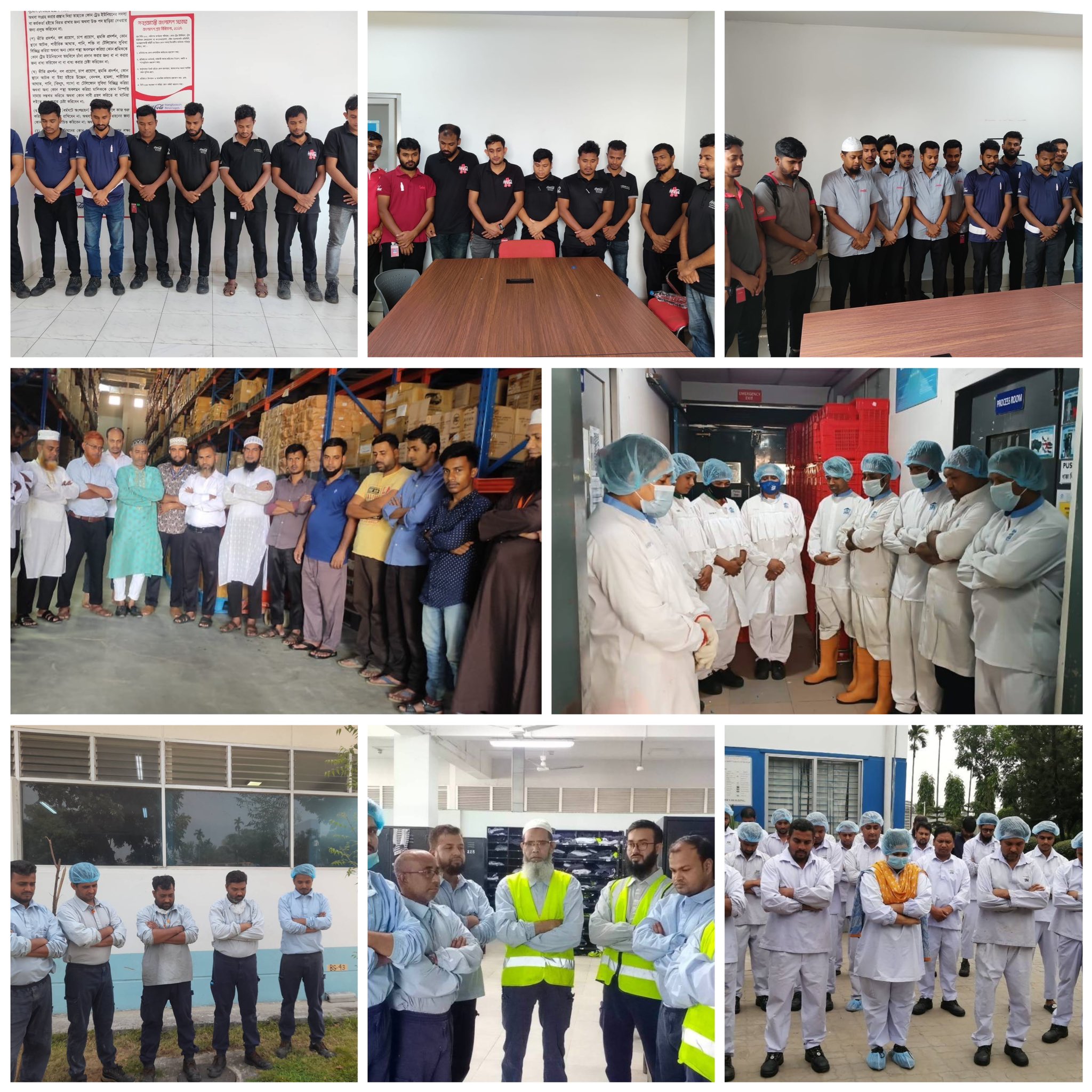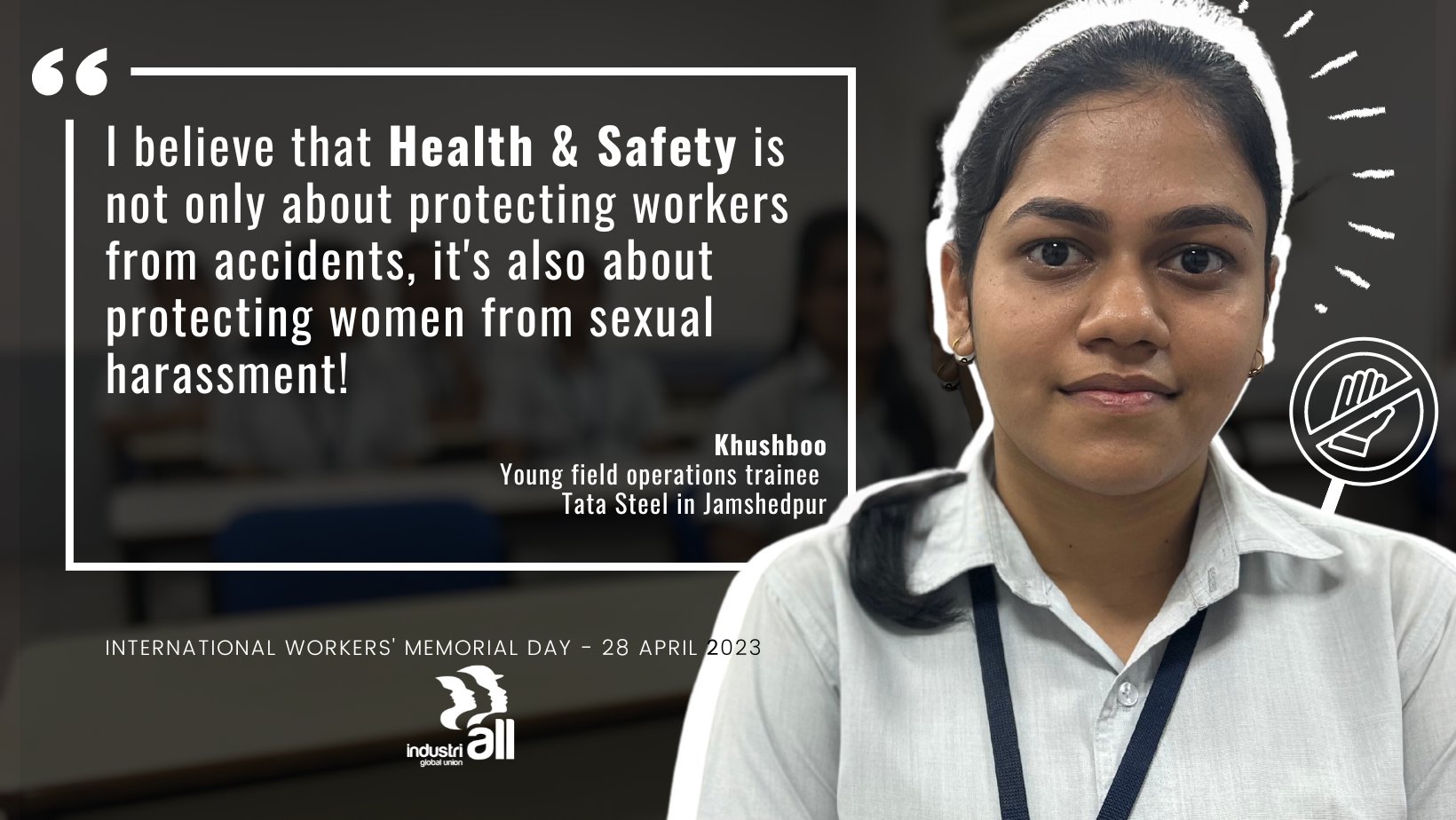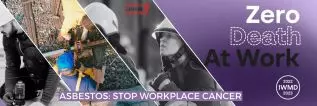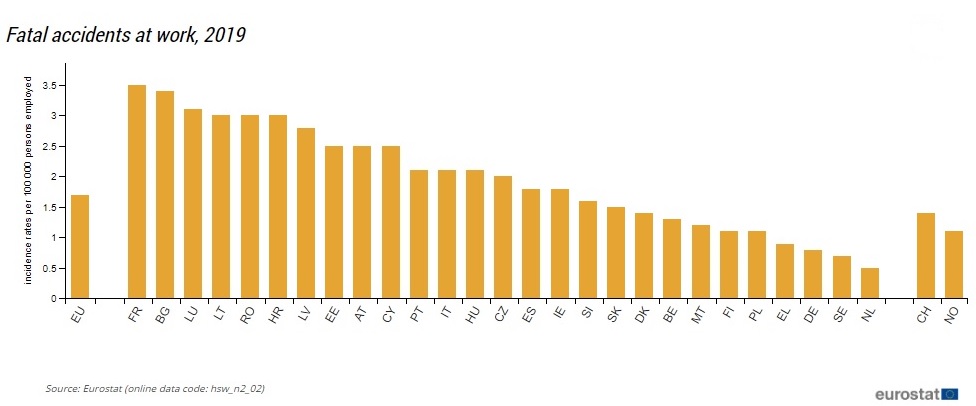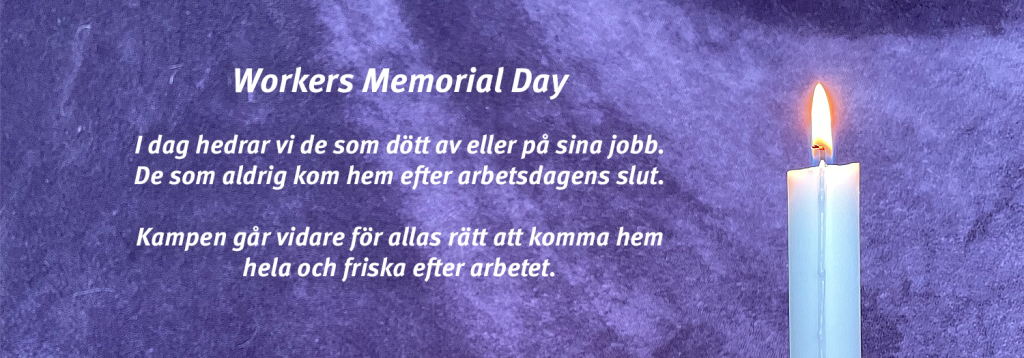Day of Mourning 2023: Workers’ empowerment key to workplace health and safety
April 28, 2023
As unions across Canada mark the National Day of Mourning, the Canadian Labour Congress wants to ensure workers are empowered to know their health and safety rights in the workplace, defend existing gains and use the tools at their disposal.
April 28 is the National Day of Mourning, a day to commemorate those who have died or been injured as a result of their job. This year’s focus, “Know your rights; Use the tools; Defend our wins,” is aimed at supporting and empowering workers to actively participate in workplace health and safety.
“Workers deserve to arrive home safely at the end of the workday. We expect employers to do their part to keep workers safe, by upholding health and safety standards in the workplace, and providing necessary equipment and training,” said Bea Bruske, President of the CLC. “But we want workers to feel supported in standing up for their hard-won health and safety rights. We want to ensure that workers are empowered, not just to push back in unsafe situations, but to take an active role in the process of keeping themselves and their co-workers safe.”
Across Canada, there were 1,081 accepted workplace fatalities and 277,217 accepted lost time claims across Canada, marking a rise in cases from the previous year.
“One death is already one too many and it should be common sense that employers invest in proven prevention tools, like empowered, well-trained health and safety committees. Yet too many employers are quick to ignore their legal duty to provide safe working conditions and are willing to cut corners in the name of saving a few dollars,” said Bruske. “Make no mistake: we will always fight to uphold workers’ rights, and we won’t back down against anyone who would weaken health and safety legislation to appease businesses.”
Canada’s unions have long fought for better enforcement of existing occupational health and safety legislation, and the Westray sections of the Criminal Code of Canada.
Empowering workers starts with ensuring they know their rights, and how to apply and defend them. Workers should also feel supported in demanding better.
“The bare minimum isn’t good enough, and the stubbornly high number of worker injuries and deaths each year proves it. Employers and governments must respect their own duty to create safe work, call out unsafe work, and be part of a culture of safety and prevention. Workers deserve nothing less,” said Bruske.
